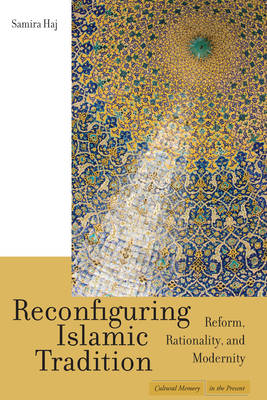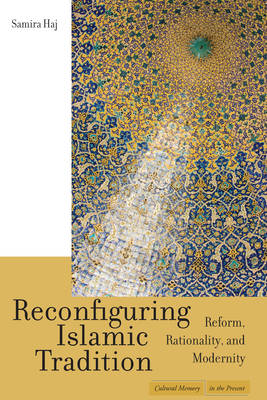
- Retrait gratuit dans votre magasin Club
- 7.000.000 titres dans notre catalogue
- Payer en toute sécurité
- Toujours un magasin près de chez vous
- Retrait gratuit dans votre magasin Club
- 7.000.0000 titres dans notre catalogue
- Payer en toute sécurité
- Toujours un magasin près de chez vous
Description
Samira Haj conceptualizes Islam through a close reading of two Muslim reformers--Muhammad ibn 'Abdul Wahhab (1703-1787) and Muhammad 'Abduh (1849-1905)--each representative of a distinct trend, chronological as well as philosophical, in modern Islam. Their works are examined primarily through the prism of two conceptual questions: the idea of the modern and the formation of a Muslim subject. Approaching Islam through the works of these two Muslims, she illuminates aspects of Islamic modernity that have been obscured and problematizes assumptions founded on the oppositional dichotomies of modern/traditional, secular/sacred, and liberal/fundamentalist. The book explores the notions of the community-society and the subject's location within it to demonstrate how Muslims in different historical contexts responded differently to theological and practical questions. This knowledge will help us better understand the conflicts currently unfolding in parts of the Arab world.
Spécifications
Parties prenantes
- Auteur(s) :
- Editeur:
Contenu
- Nombre de pages :
- 304
- Langue:
- Anglais
- Collection :
Caractéristiques
- EAN:
- 9780804752503
- Date de parution :
- 02-10-08
- Format:
- Livre relié
- Format numérique:
- Genaaid
- Dimensions :
- 155 mm x 229 mm
- Poids :
- 544 g

Les avis
Nous publions uniquement les avis qui respectent les conditions requises. Consultez nos conditions pour les avis.






